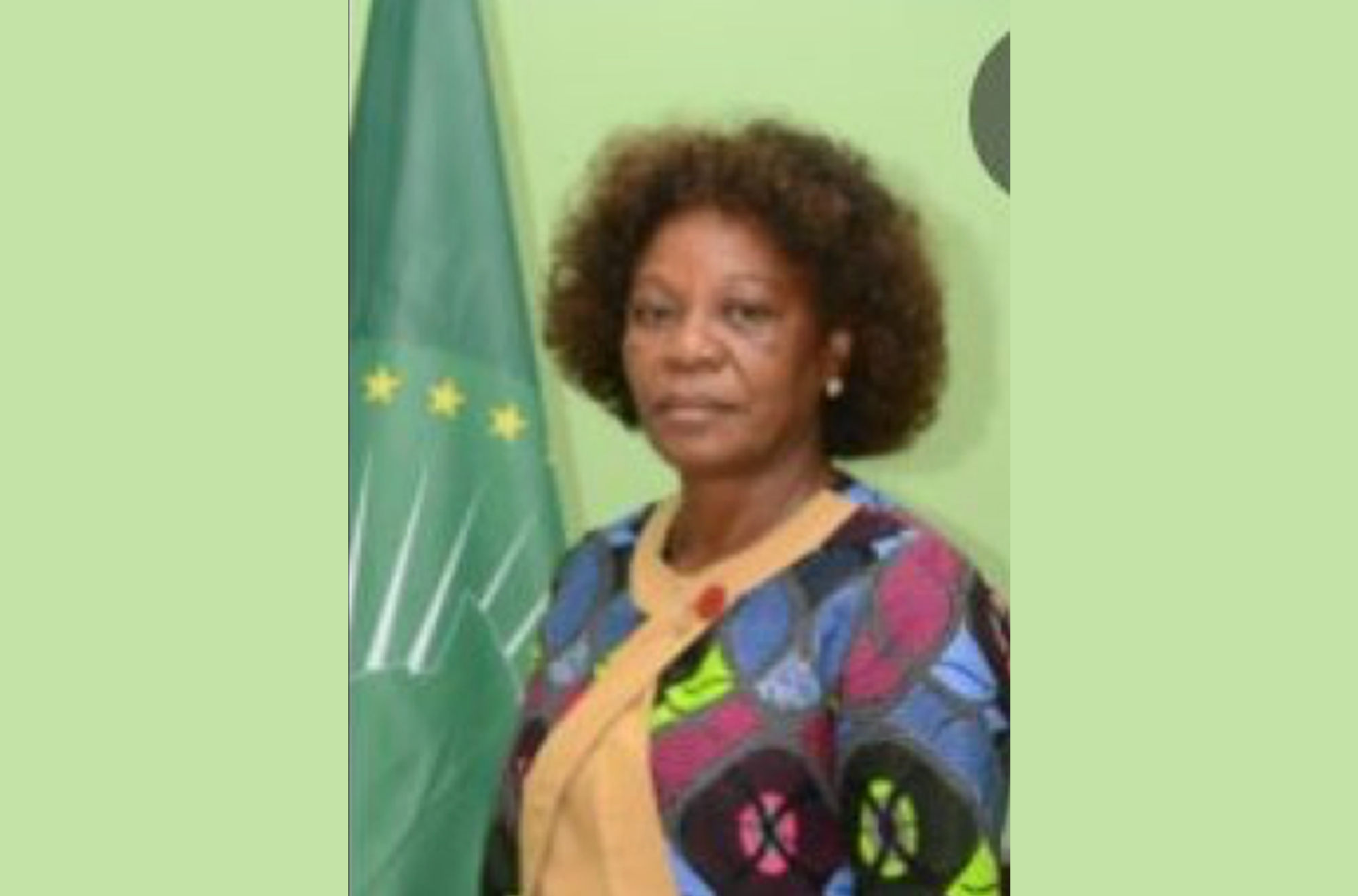
Hon. Maria Teresa Manuela, Angola
“28th September every year is celebrated globally to recognize and reflect on the journey of realizing women’s right and access to reproductive health care services. It is also a time to reflect on the state of implementing various laws and policies that protect the rights of women and girls to have a quality reproductive health life.
“The sexual and reproductive health rights of many women and girls in Africa including access to safe abortion, which is one of the largest contributors to maternal mortality and morbidity in Africa have not been fully respected and promoted. According to the World Health Organisation, 3 out of 4 abortions carried out in Africa are unsafe and the risk of dying through these unsafe abortions is also the highest in Africa. It estimates that over 6 million unsafe abortions occur in Africa, resulting in 29,000 deaths and countless serious injuries and disabilities every year for African women and girls under the age of 25. It also indicates that unsafe abortion continues to be a public health crisis, accounting for up to 30% of maternal deaths in many sub-Saharan countries.
“The advent of the Covid-19 pandemic also exacerbated the restriction of women and girls to access health and reproductive health care services due to lock down measures imposed by many African Governments to stem the spread of the virus. Many women and girls were unable to access these services as it was not regarded as an essential service at the time. However, many of these African States have reversed this trend now.
“As the premier human rights institution in Africa, the Commission has, through the Special Rapporteur on the Rights of Women in Africa (The Special Rapporteur) embarked on many activities to promote and protect the rights of women including advocating for women’s right to safe and legal abortion as guaranteed in Article 14 of the Protocol to the African Charter on Human and Peoples’ Rights on the Rights of Women (Maputo Protocol). The latter requires State Parties to ensure the realization of the right to health of women, including sexual and reproductive health including, by authorizing medical abortion in cases of sexual assault, rape, incest, and where the continued pregnancy endangers the mental and physical health of the mother or the life of the mother or the foetus.
“In addition, the Commission adopted General Comment No. 2, which seeks to provide interpretative guidance of Article 14 on the general and specific obligations of States Parties to respect, protect, fulfil and promote the sexual and reproductive health rights of women and also launched in 2016, the Campaign to Decriminalise Abortion in African countries and undertake reforms on policy and abortion related laws. Targeted sensitization activities are also carried out during the Sessions of the Commission and in other fora in collaboration with its partners and stakeholders.
“Despite the above, women and girls continue to face legal and practical challenges in accessing safe and legal abortion in Africa. Out of the 42 State Parties that have ratified the Maputo Protocol, some have entered reservations on Article 14(2) (c) of the Maputo Protocol and thus prohibits or restricts access to safe and legal abortion, whilst in others, the process of domestication of the Maputo Protocol has been slow or non-existent thereby making their national laws non-compliant with its provisions. In some countries, abortion is also criminalized but its enforcement is discriminatory as it is mostly the poor, rural, uneducated and vulnerable women who are at the highest risk of police investigations, arrest, prosecution, and imprisonment for unsafe abortions. Some of the practical challenges also include, lack of access to information and education on sexual and reproductive health, lack of adequate allocation of financial and other resources to promote and protect the sexual and reproductive health rights of women and exorbitant medical fees to secure safe abortion, where available.
“On this important day, the Special Rapporteur would like to remind African States of their obligations under the Maputo Protocol and other international human rights instruments; including their obligations to put in place appropriate measures to realize women’s access to reproductive health care services. The Special Rapporteur also CALLS on States to decriminalise abortion in line with the Commission’ Campaign as well as empower women and girls to make their own choices about their reproductive health.”
The Special Rapporteur further calls on African States that have not yet done so, to ratify, domesticate and implement the Maputo Protocol and intensify their efforts to ensure the full realization of the rights of women in Africa.



